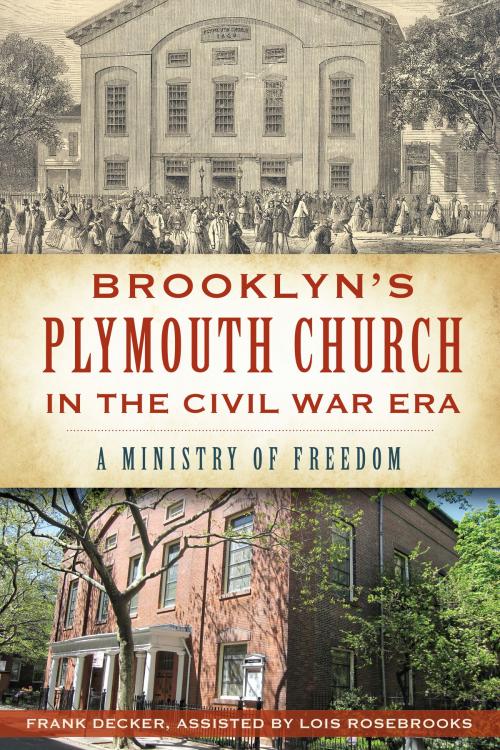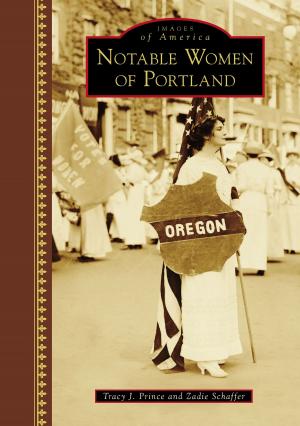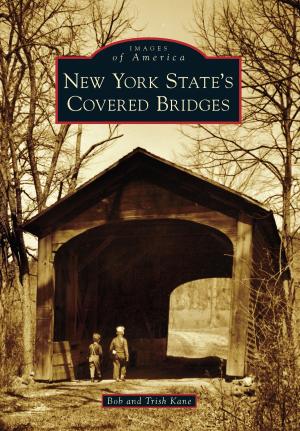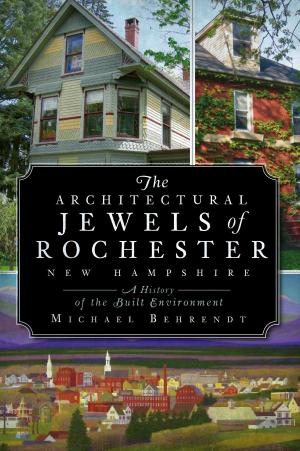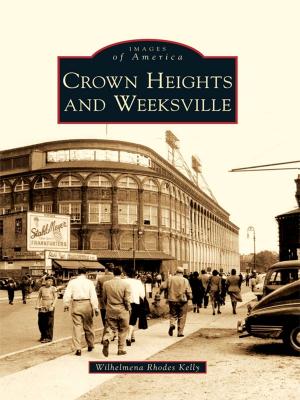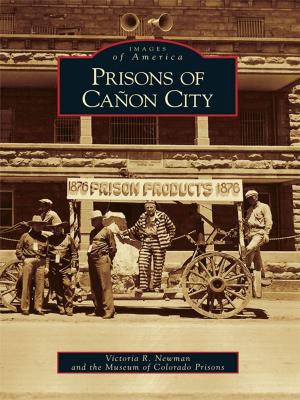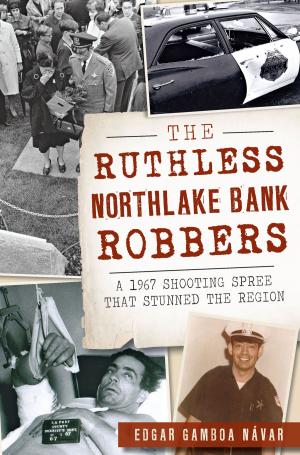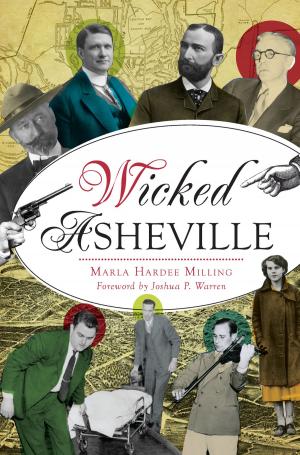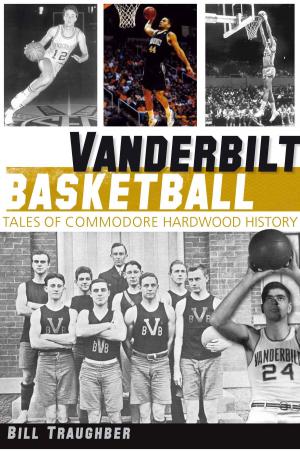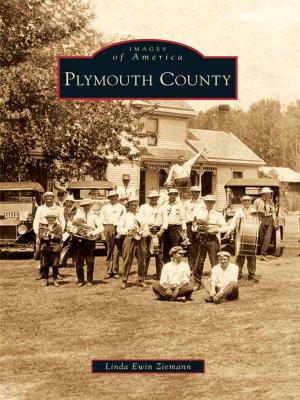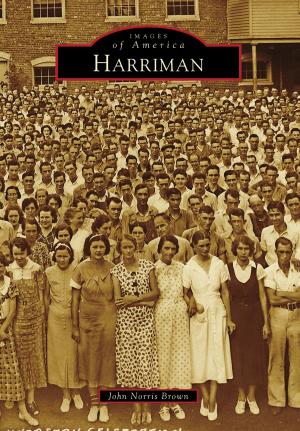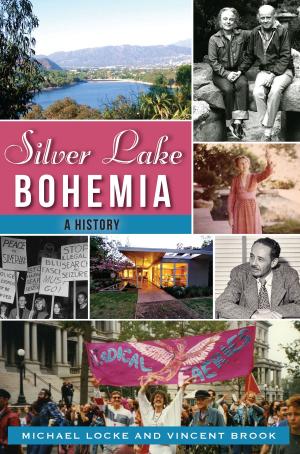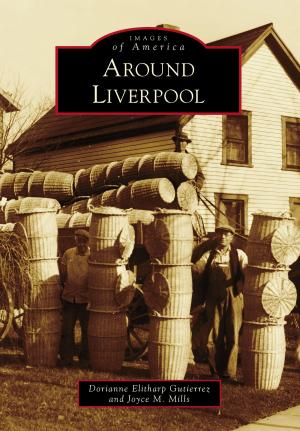Brooklyn's Plymouth Church in the Civil War Era
A Ministry of Freedom
Nonfiction, History, Americas, United States, Civil War Period (1850-1877)| Author: | Frank Decker, Lois Rosebrooks | ISBN: | 9781625840158 |
| Publisher: | Arcadia Publishing Inc. | Publication: | September 17, 2013 |
| Imprint: | The History Press | Language: | English |
| Author: | Frank Decker, Lois Rosebrooks |
| ISBN: | 9781625840158 |
| Publisher: | Arcadia Publishing Inc. |
| Publication: | September 17, 2013 |
| Imprint: | The History Press |
| Language: | English |
As the financial capital of the nation, Manhattan had close ties and strong sympathies with the South. But across the East River in Brooklyn stood a bastion of antislavery sentiment--Plymouth Church--led by Henry Ward Beecher. He guided his congregants in a crusade against the institution. They held mock slave auctions, raised money to purchase freedom for slaves and sent guns--nicknamed "Beecher's Bibles"--to those struggling for a free Kansas. Harriet Beecher Stowe, Beecher's sister, wrote the influential "Uncle Tom's Cabin," and Lewis Tappan and George Whipple led an enormous effort to educate freed slaves. Plymouth Church was not only publicly important in the fight for abolition but also a busy Underground Railroad station. Once the Civil War broke out, the congregation helped raise troops and supplies for the U.S. Army. Discover this beautiful church's vital role in the nation's greatest struggle.
As the financial capital of the nation, Manhattan had close ties and strong sympathies with the South. But across the East River in Brooklyn stood a bastion of antislavery sentiment--Plymouth Church--led by Henry Ward Beecher. He guided his congregants in a crusade against the institution. They held mock slave auctions, raised money to purchase freedom for slaves and sent guns--nicknamed "Beecher's Bibles"--to those struggling for a free Kansas. Harriet Beecher Stowe, Beecher's sister, wrote the influential "Uncle Tom's Cabin," and Lewis Tappan and George Whipple led an enormous effort to educate freed slaves. Plymouth Church was not only publicly important in the fight for abolition but also a busy Underground Railroad station. Once the Civil War broke out, the congregation helped raise troops and supplies for the U.S. Army. Discover this beautiful church's vital role in the nation's greatest struggle.
